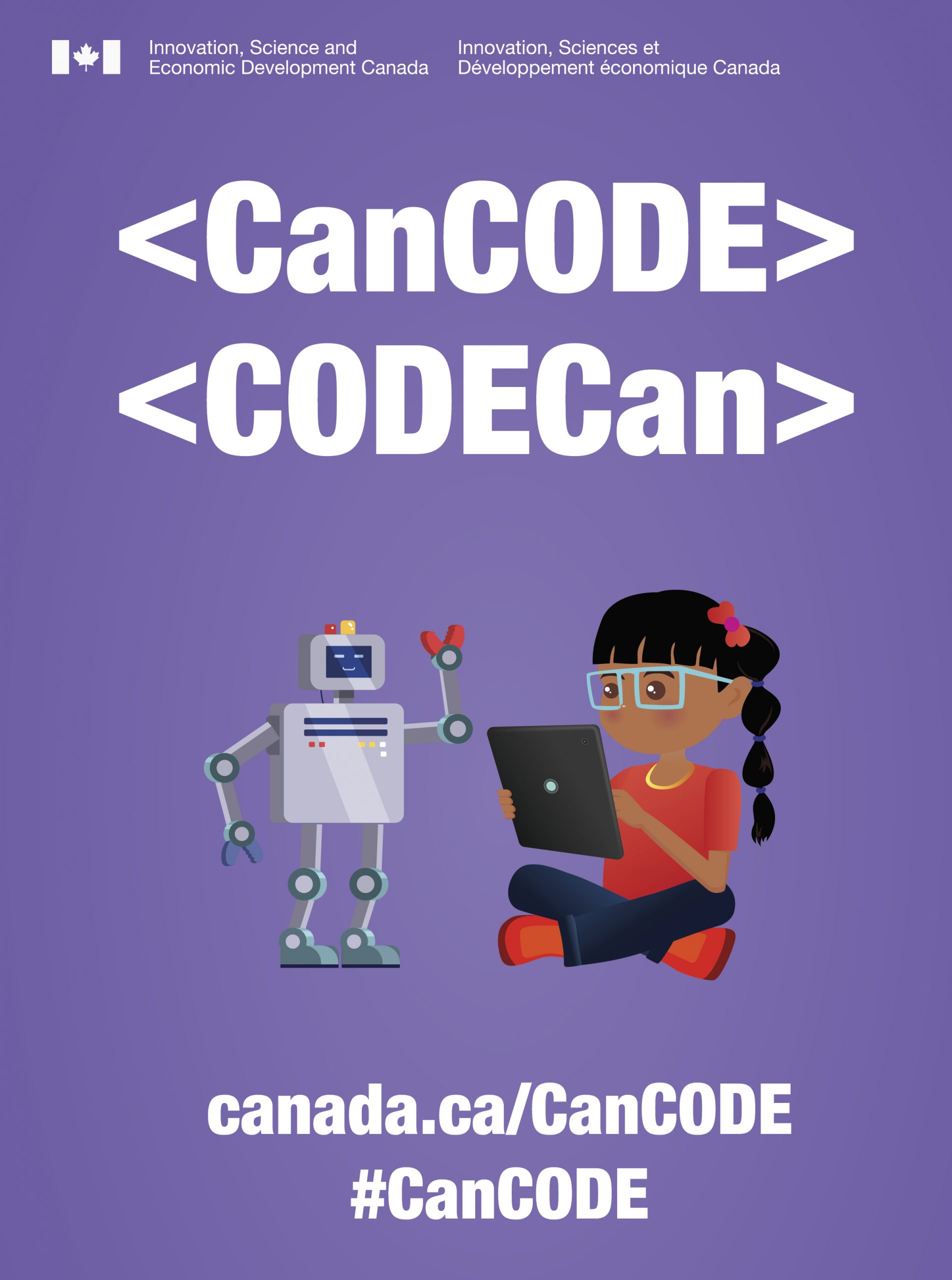Original post by christopher wong on January 23, 2019
The size and mobility of devices allows technology education to occur in many underserved communities. Canada’s CanCode initiatives (https://www.ic.gc.ca/eic/site/121.nsf/eng/00003.html) seek to ensure that Canadians in even the remotest areas of Canada are introduced to coding and digital skills.
Informal workshops are developed through federally funded programs such as Canada Learning Code (https://www.canadalearningcode.ca/experiences/) where learners bring their own laptops (or can be loaned a laptop) to create a “pop up” workshop. Previously, such initiatives would have been cost prohibitive without mobile infrastructures in place.
Elephant Thought’s Coders North program (http://www.codersnorth.com/) brings technology and expertise to remote Northern Arctic communities to run workshops in community where either may be lacking.
To participate in culture requires knowledge in tools used to communicate and create. With increasingly mobile technology, education and access to these tools will ensure that the voices of rural and under-served populations remain heard.

Update – In partnership with coding bootcamp delivered by Lighthouse Labs, KCJ and CanCode launched CCT to introduce computational thinking and coding to educators across Canada. From April 2018 to March 2019, they offered free, full-day workshops in every province and territory of the country. Their mission was to put resources into the hands of teachers to give them the the training they need to transfer those skills to their students. It was to inspire them to become creators and builders rather than consumers of their digital world. To date their workshops reached 96,000 students and teachers and they are still moving forward.
For more information see. https://www.canada.ca/en/innovation-science-economic-development/news/2019/09/cancode-program-project-breakdown.html